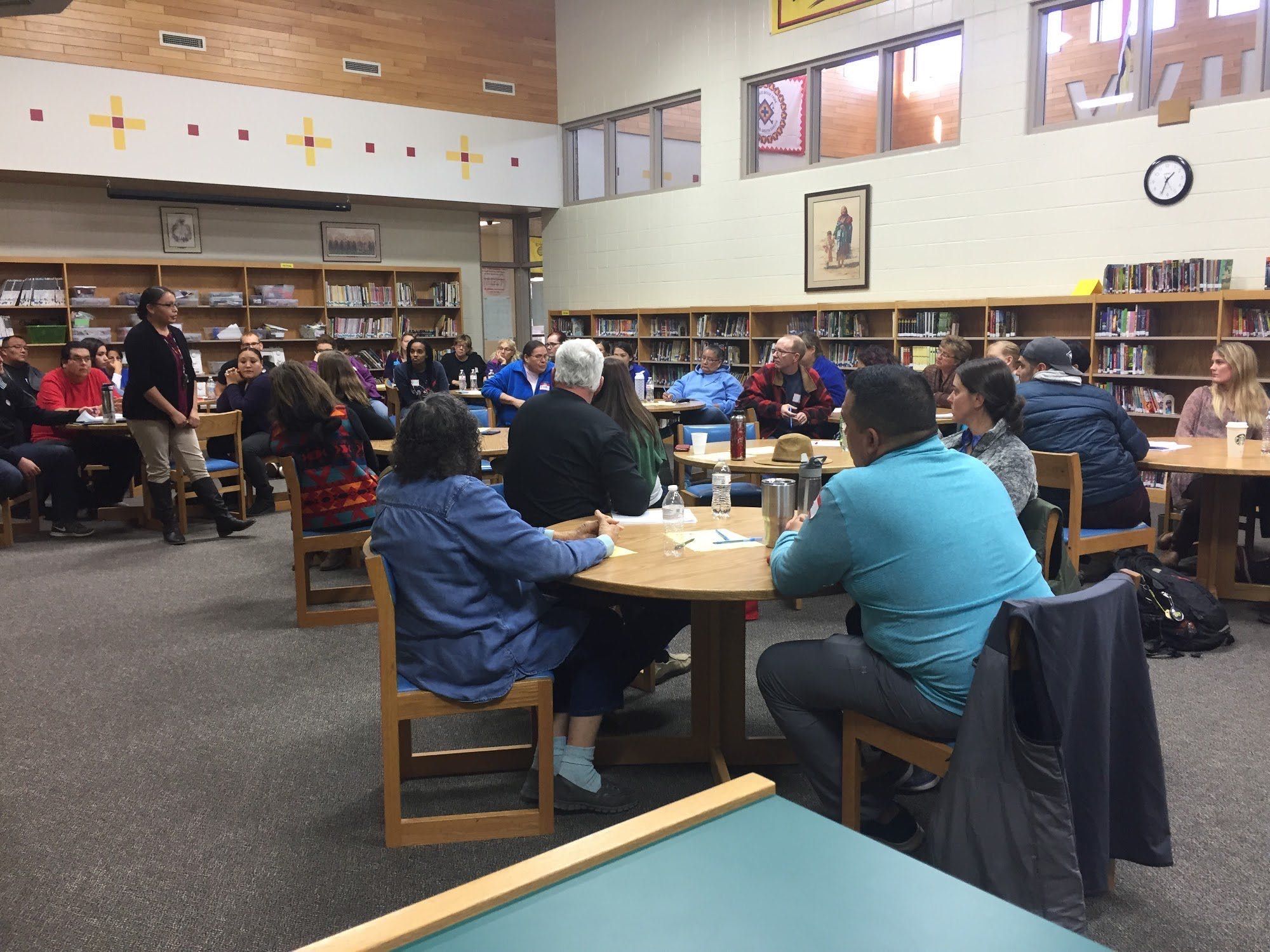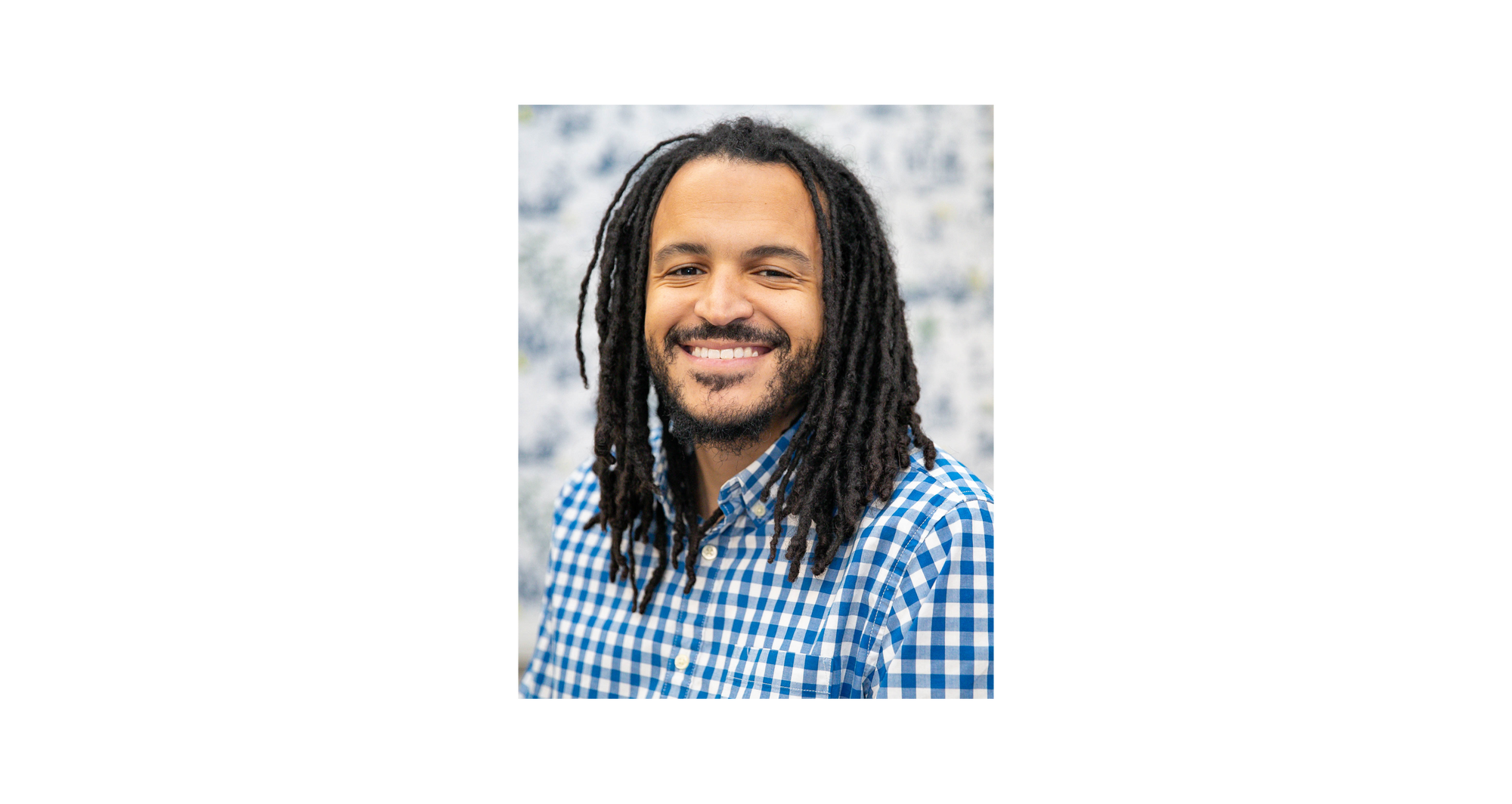Interested in starting your own journey but unsure what to expect? Then read up on our interview with Jonathan Santos Silva, founder of The Liber Institute, located in Rapid City, SD, USA.
What's your organization, and who are your members?
The Liber Institute is a nonprofit organization dedicated to emboldening and equipping Indigenous young people, families, and educators to transform their schools and communities. Our customers include schools on and around reservations that serve Indigenous youth and other organizations, like head start programs and Tribal education departments, who share our vision for improving educational opportunities for all children.

Tell us about yourself
Five years out of college, I realized that I wasn't enjoying sales or the corporate environment the way I thought I would and I felt drawn to working with young people. Mentoring and tutoring had been large parts of my undergraduate volunteerism, so I felt like I was returning to a passion. Through Teach For America, I was able to change careers and receive training to become a high school math teacher on the Pine Ridge Indian Reservation in South Dakota. I learned so much in my time there from learners, their families, and my colleagues, and even after leaving to serve in schools closer to my family in Massachusetts and Rhode Island, I felt a strong desire to continue serving in Indigenous communities. Eventually, I founded The Liber Institute as a way to pay forward all of the things that I learned. As a teacher, I was given the opportunity to lead, set a vision of success and support my learners in achieving it. At Liber, we partner with schools and other organizations to develop the leadership capacity of local people (young people, their families, and educators) to imagine new or improved learning spaces and to implement plans to create them. I am motivated by the understanding that the people closest to any challenge, such as improving schools, are the best candidates to lead transformation. Indigenous young people, their families, and educators know what they want from education and often just need a partner willing to provide support, resources, and an unwavering belief in their potential.
What's your biggest accomplishment as an organization?
When I first started out, I was pursuing the dream of launching a nonprofit leadership institute from my basement. I raised some money so that I could dedicate myself to work full-time, and I understood that if it did not work out, I could leverage my past experience and all that I learned as an entrepreneur to land on my feet. Now, we are a team of seven full-time employees and a couple of contractors. Acquiring these amazingly talented people to share that vision and to join in the work was one major accomplishment, and finding foundations to support the work early on so that my team could join me full-time was another. Now, every time a school or organization signs a contract with us, that is an accomplishment. It means that we have built the relationships and the trust required for them to invite us to play a role in bringing their ideas to fruition.
What's one of the hardest things that comes with being an organization?
One of the hardest things that come with being a business owner is that the buck stops with you. Your team, your partners, and your clients/customers are looking to you to lead them into the future that you communicate through your mission, vision, and values. There is no manager for you to call or supervisor to whom you can pass off that responsibility; it's you. It was a bit of a shift, but I love that responsibility and take it very seriously. I have surrounded myself with an incredible board as well as coaches who help me lead in an honorable way. Knowing that people (from my team to our funders to our customers) have placed their faith in me inspires me to work harder and to move boldly in pursuit of our shared vision for young people and their education.
What are the top tips you'd give to anyone looking to start, run and grow an organization today?
- Learn how to sell - Although working in sales turned out not to be my path, the sales skills I learned are some of the most valuable in my arsenal. Sales are not about pushing people to buy things they may or may not need. True sales are actually listening to people, what they say AND DON'T say, in order to understand their motivations, fears, and needs. It is about making connections between people and the products, services, programs, people, and the idea that can help them address those motivations and build a better life. With true sales skills, you can more effectively communicate and build buy-in for your ideas, products/services, and even yourself as a leader of the business you are trying to build.
- Build a team - Even if you cannot hire anyone right away or if you envision a one-person shop, it is helpful to have a team in your corner. This could be employees, but it can also mean board members, a coach, advisors, or a mastermind group of other entrepreneurs who are on a similar journey. When I was a principal, I was once told that we had the loneliest jobs in the school because we were responsible for everything, and there was no one else who shared that role. Well, in your business, it can feel just like that. Knowing that you have a team means you have people with whom you can game plan your next moves, who can provide wisdom in situations where you might have blindspots, and who can listen and reflect back at you when you need to vent. Even if you are technically working alone in your business, you don't have to walk alone!
- Rest, reflect, and restore - Being an entrepreneur can be taxing, which is why it is so important to create time to rest, reflect, and restore. Resting is more than sleep (as important as it is). It's also about setting aside time to unplug and disconnect from your work. It doesn't have to be a months-long sabbatical scheduling a tech cutoff time or blackout hours can be powerful mechanisms for rest. Reflection is about making time to look back at your work to codify what is working, interrogate what isn't, and make plans for moving forward. It is also taking time to celebrate the wins, big and small, so that you have the motivation to continue. Lastly, restoration is managing your energy and ensuring that you are doing the things (exercising, socializing, having fun) that help you return to work, ready to take on the world. For all three, I recommend setting appointments with yourself and others and being strict about not canceling except for emergencies. You are a priority, and if you are not in the right shape to power your business forward, who will take care of you, your family, your team, and those you serve?
Where can people find you and your group?
Website: https://www.theliberinstitute.org/
Facebook: https://www.facebook.com/theliberinstitute
Instagram: https://www.instagram.com/theliberinstitute/
Twitter: https://twitter.com/LiberInstitute
LinkedIn: https://www.linkedin.com/company/the-liber-institute/
If you like what you've read here and have your own story as a solo or small business entrepreneur that you'd like to share, then please answer these interview questions. We'd love to feature your journey on these pages.
Turn your craft into recurring revenue with Subkit. Start your subscription offering in minutes and supercharge it with growth levers. Get early access here.
